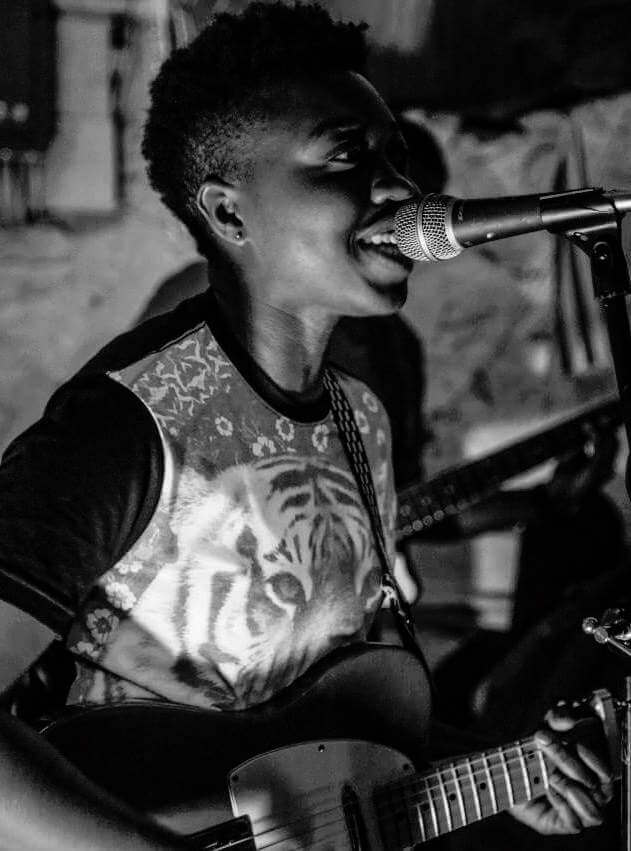[Editor’s note – as with all the articles in this month’s social justice issue, the following is a first-hand essay from a musician. Their experiences and opinions are their own, and we encourage you to join the discussion in the comments section below or on our social media pages.]
The Boston indie rock scene is overwhelmingly white. If you’re reading this and this is the first time the aforementioned sentiment has ever crossed your mind, you’re probably white. I’ve been playing live music in Boston for about four years now. Back in 2013 I had the privilege of playing a few gigs with a good friend of mine who is also a ridiculously funkadocious bass player. Like myself, he is black. In total, I think we played about 7 or 8 shows together. On two separate occasions, at the conclusion of two different shows, we were asked by two different booking agents if we were related. “Because you look similar,” they said. The bass player and I do not look alike. We both have big toothy smiles. We’re both awesome musicians. We’re both black. But we do NOT look alike. I don’t think that either of these promoters had ever even seen a local indie rock band with two black musicians before. 
So why is the Boston indie rock scene so white?
As Pitchfork recently pointed out in an eloquent article, indie rock in general is overwhelmingly white. I’d extend that sentiment to all rock music. Additionally, Boston is extremely segregated and that level of segregation extends to the local music scene. If I could count on one hand the number of times I’ve seen 4-piece indie bands comprised of four white guys in t-shirts, I would have to surgically attach about 50 more fingers to that hand. The promoters are white, the bands are white, the fans are white. Everyone is white. It’s a statistical fact that 75% of white Americans don’t have any non-white friends**.
So, statistically it makes sense that a group of white bros would form an all-white band, invite all of their white friends to their white shows and have a big white party. So, what’s the problem with that? The problem is, white people aren’t the only race of humans that listen to or create indie rock. As a black musician, whenever I book shows I make a point to look for bands comprised of women, queer people and people of color because these demographics are embarrassingly underrepresented in the Boston indie music scene.
So, what are we supposed to do about the overwhelming whiteness of the Boston indie music scene? Honestly, I don’t know. At the very least, I believe it starts with awareness and critical analysis. Is your band comprised exclusively of cis white men? Is your band comprised exclusively of white people? Is your fanbase primarily white? Are your shows essentially a sea of white people?
The first step to dismantling racism and oppression is recognizing its existence.
The next time you’re at a show, take a moment to examine the racial diversity of the crowd, because it says a lot about the band and it says a lot about the scene. There aren’t enough people of color in the Boston indie rock scene, and that is a problem.
ABOUT THE AUTHOR
Anjimile fronts a 4-piece indie rock band in Boston, combining introspective, emotionally charged lyricism and undeniably catchy, indie-pop melodies. Anjimile’s first full-length studio album, Human Nature, was released in March. Follow on Twitter @anjimilemusic
photo by Leah Corbett Photography
